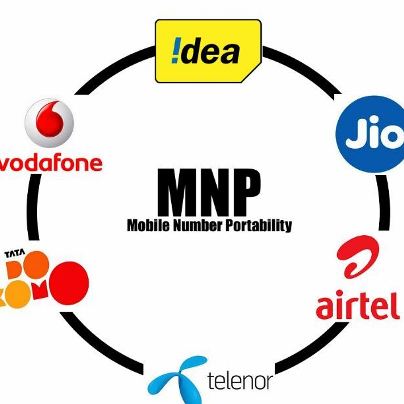Policy & Regulation
 TT Correspondent | 26 Sep 2018
TT Correspondent | 26 Sep 2018The telecom regulator has called for speeding up the mobile number portability (MNP) process —which allows customers to keep the same number anywhere in the country — by halving the processing time of porting requests within a circle down to two days.
The processing time for porting requests from one circle to another has been retained at four days.
In its draft amendment regulations, 2018, aimed at making MNP more efficient and hassle-free for mobile users, the Telecom Regulatory Authority of India (Trai) has also mandated two sets of financial disincentives for failures on the part of telcos in sticking to porting request processing timelines.
For instance, a telco, the regulator said, will have to shell out a peak penalty of “Rs.5,000 per contravention” of rules requiring it to share customer details with MNP service provider within 24 hours of a customer submitting a porting request besides texting the customer about the process being initiated. The penalty doubles to Rs.10,000 per violation for “wrongful rejection” of porting requests by a telco.
The sector regulator said “porting code mismatch” and “invalid/expired codes” constituted nearly 45% of the grounds on which MNP porting requests were rejected by telcos between April 2017 and May 2018.
Since “there is no improvement in (porting request) rejections in major categories, appropriate corrective measures are required to strengthen the MNP process,” the regulator said in the draft MNP rules issued Tuesday.
Phone companies expressed dismay over Trai’s call to impose stiff penalties. “Penalties are extremely blunt instruments to ensure MNP compliance. Rather, a partnered approach with Trai to ensure our mutual goals are met and difficulties ironed out would be the preferred approach,” said Rajan Mathews, director general of the Cellular Operators Association of India (COAI), which represents Vodafone Idea, Bharti Airtel and Reliance Jio Infocomm.
Demand for porting requests, he said, “have peaked after the closure of (fringe players) Aircel, Telenor India and Reliance Communications amid heavy demand from customers of these companies to move to other operators.”
Mathews stressed that telcos, on their part, are doing their best “to ensure customers are not inconvenienced during the MNP process and are working to put appropriate systems and infrastructure in place to comply”.
Telcos have backed Trai’s call to make the MNP process more efficient but have repeatedly cautioned that the porting scenario in India with over a billion mobile users across 22 circles is a lot more complex than the rest of the world.
“It’s anticipated that by the time the MNP process is implemented, the Central Monitoring System installed by DoT would be fully operational and all concerned security agencies would be using the centralised system,” Trai said in its draft MNP regulations.